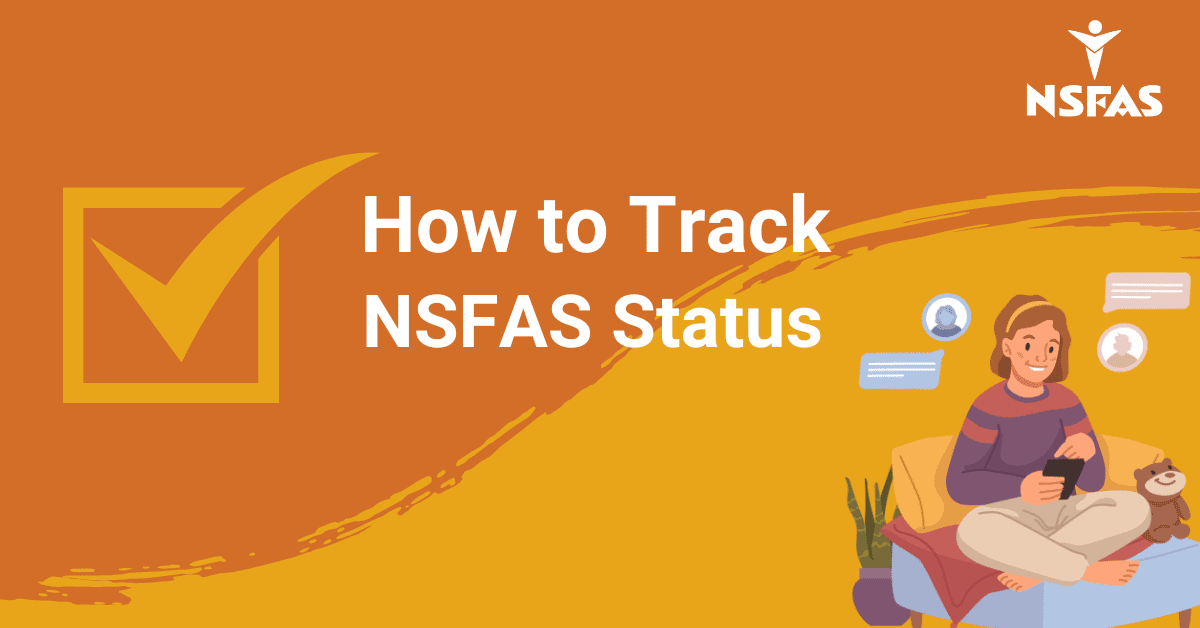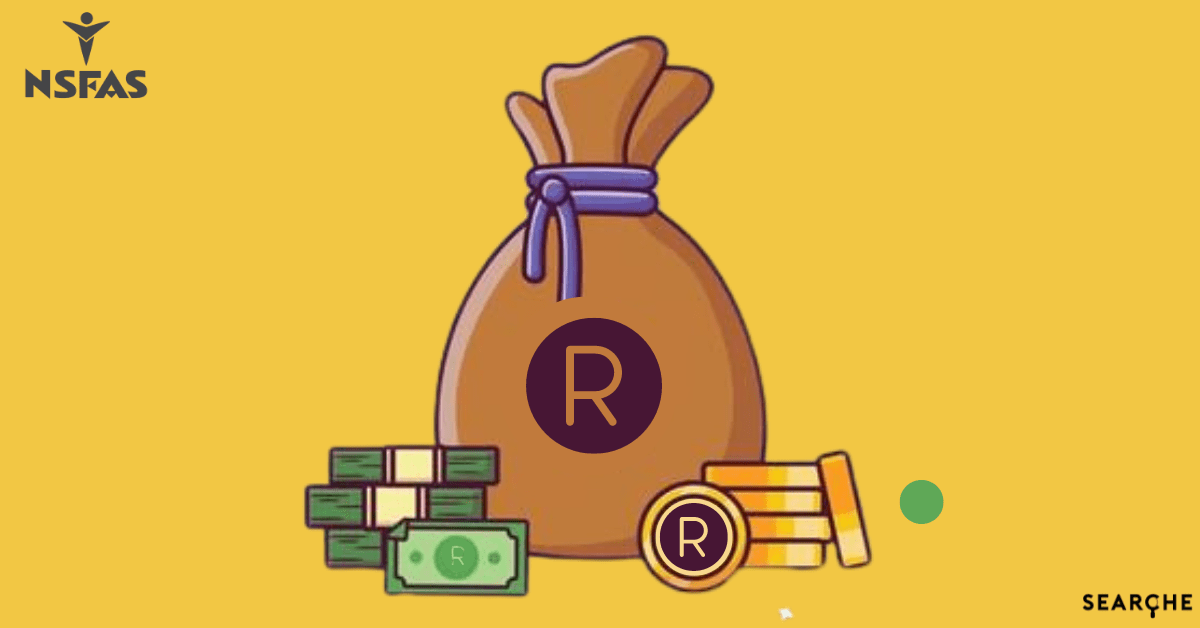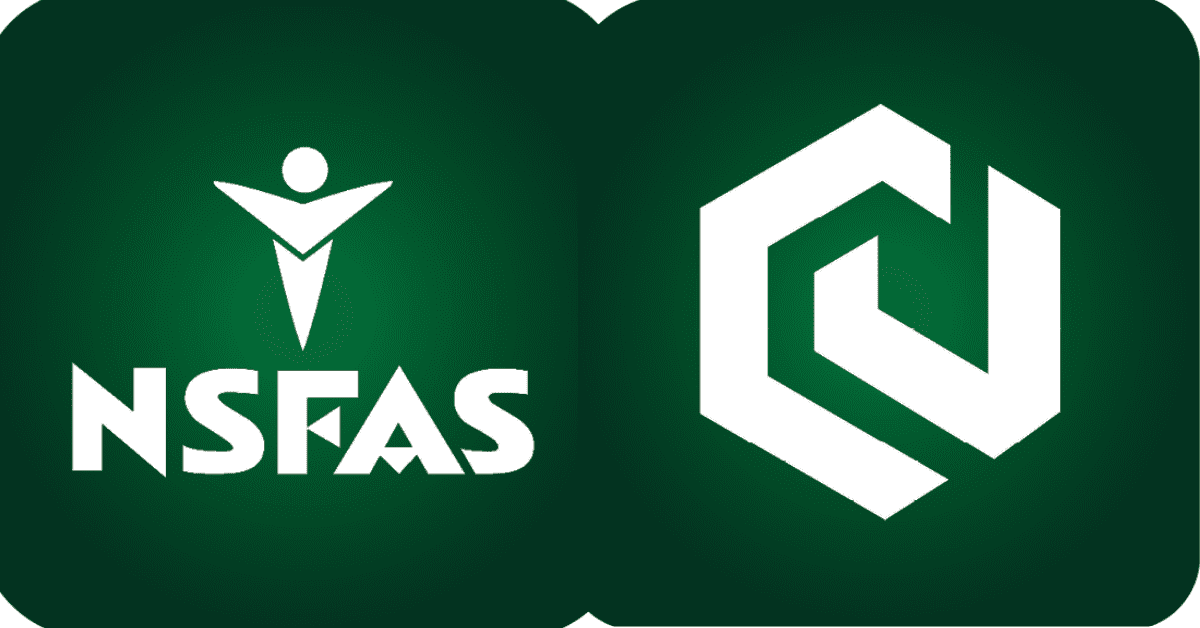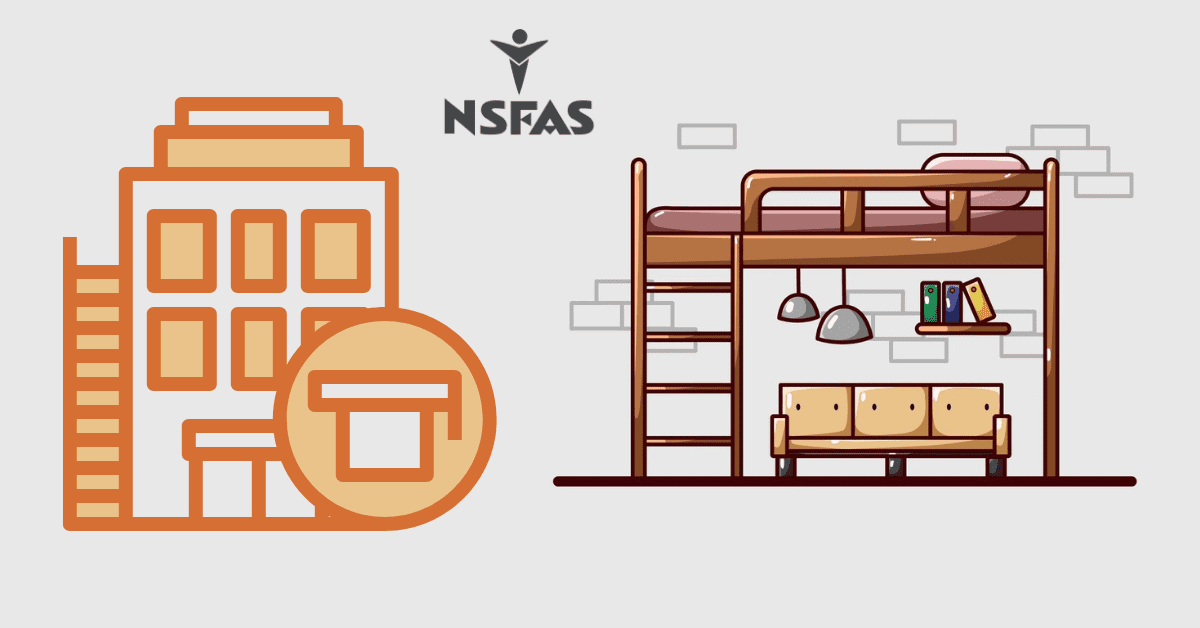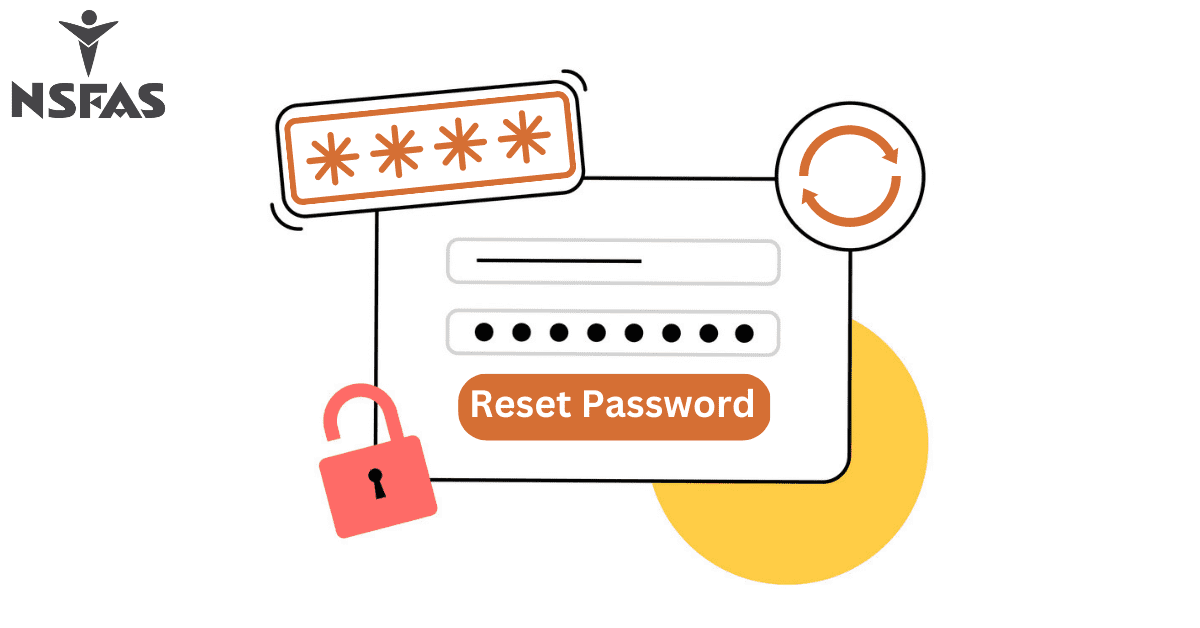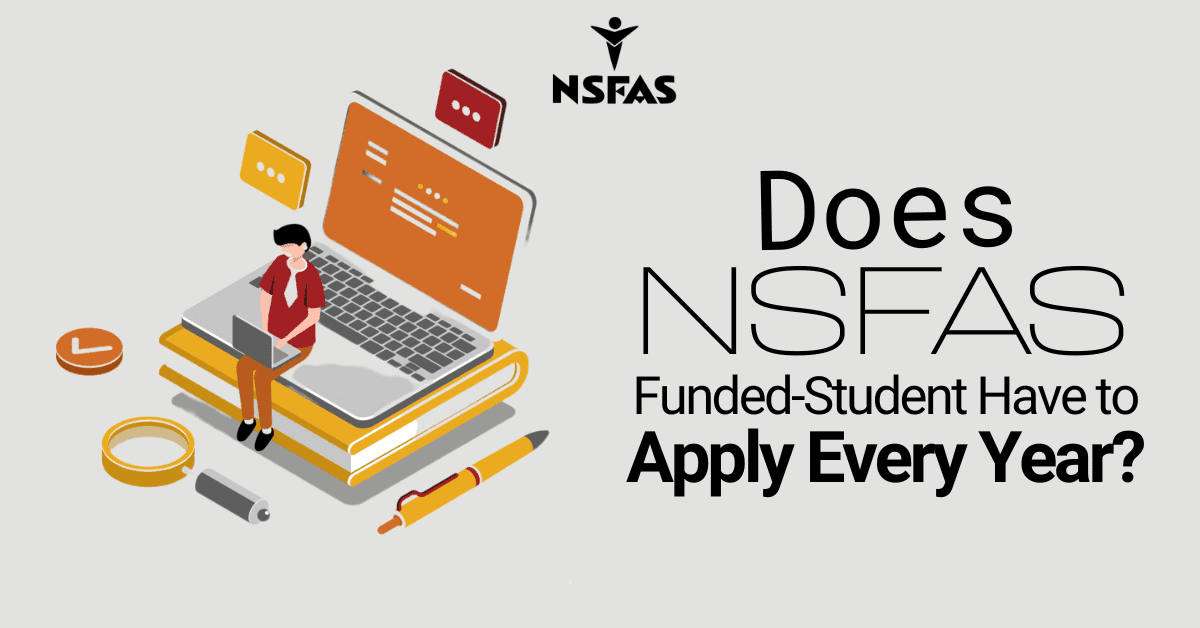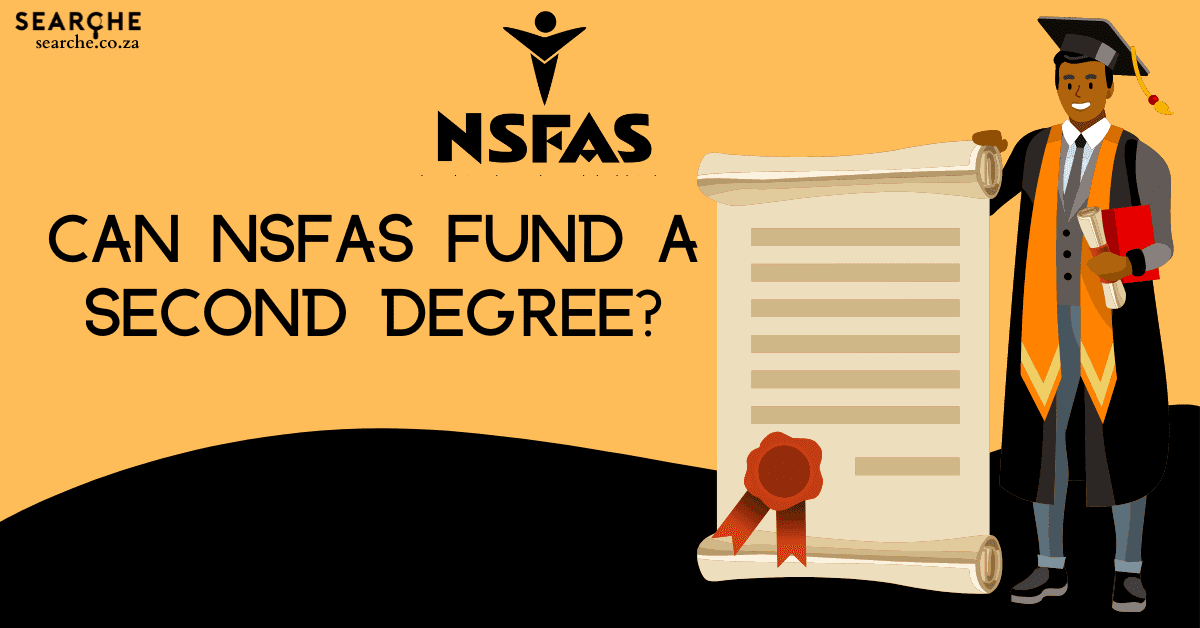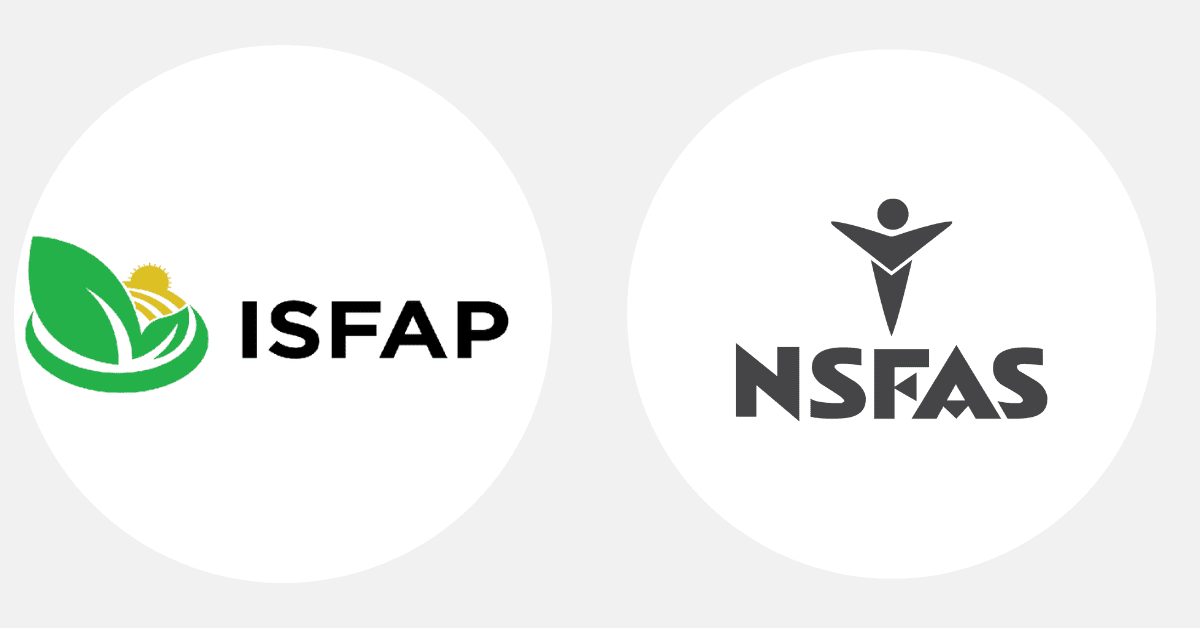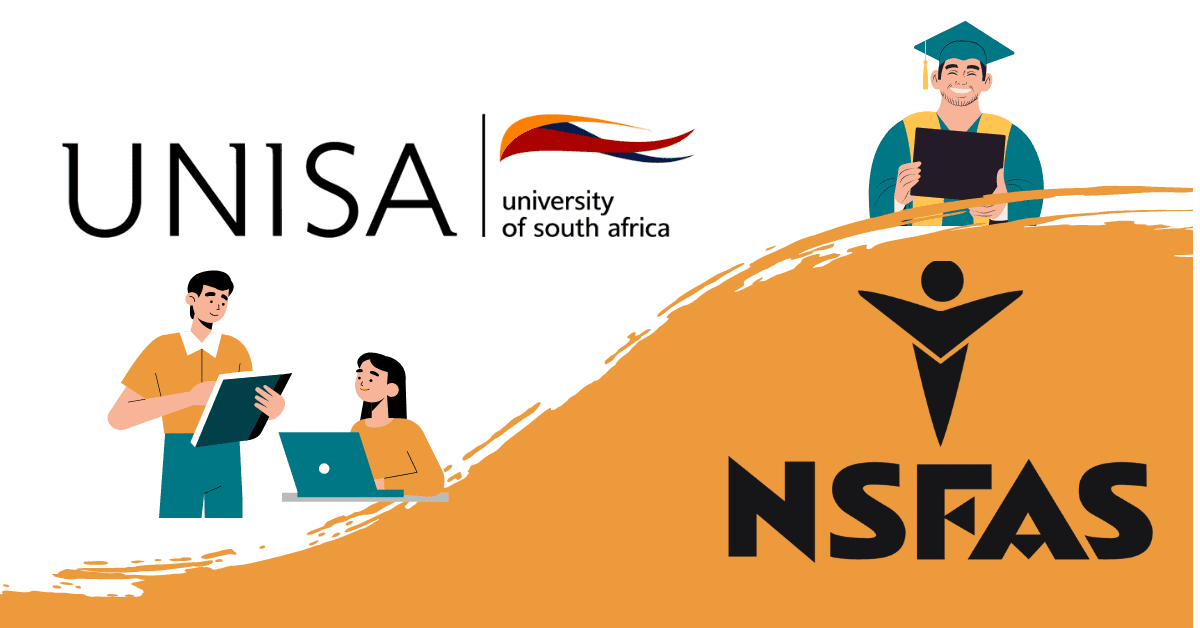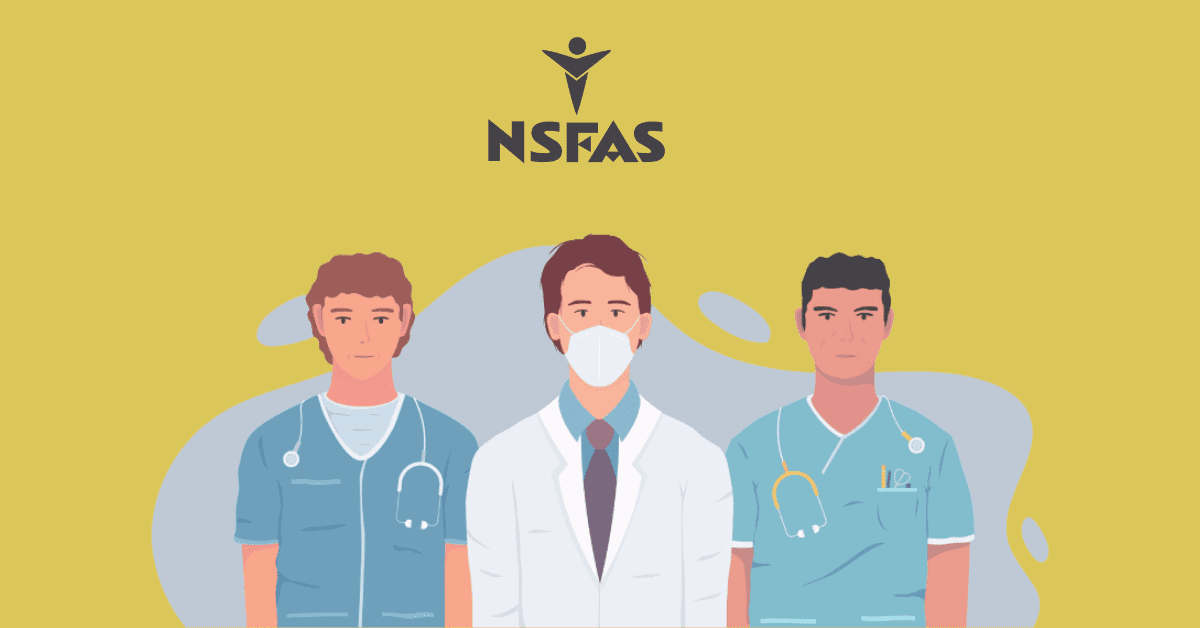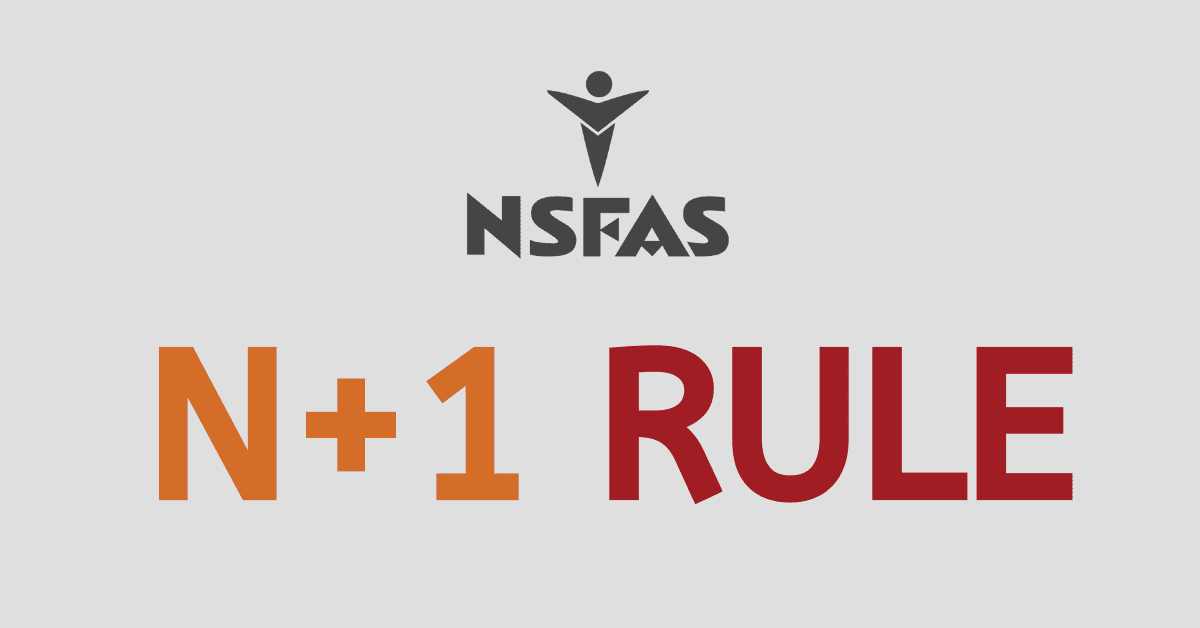A lack of financial means is one of the most common reasons for millions of promising young South Africans not pursuing tertiary education every year. The National Student Financial Aid Scheme (NSFAS) is a bursary scheme that was created with the aim of providing students from poor and working-class homes with fully subsidized free higher education.
In this article, we will discuss one of the most sought-after bursaries among funding hopefuls – the Department of Higher Education and Training Bursary (DHET) scheme – as well as answer some of the common questions that students have about this bursary, such as:
- What is DHET bursary
- What does DHET grant mean
- How do I apply for a DHET bursary
- What does DHET bursary cover
Read on for more information.
What Is DHET Bursary
On 16th December 2017, former president, Jacob Zuma, made a crucial announcement relating to subsidized education. He announced that the South African government would phase in fully subsidized free higher education and training for poor and working-class South African students.
The funding was expected to be phased in over a 5-year period, starting in 2018. This resulted in the establishment of the DHET Bursary Scheme. This scheme makes funding available to students who are currently studying or wish to study toward an undergraduate qualification through a TVET college or public university.
Applicants are required to meet the following criteria:
- You MUST BE a South African citizen
- You must register at any of the 26 UNISA public universities or one of the 50 approved TVET colleges.
- SASSA grant recipients are eligible to apply
- The combined income in your household cannot exceed R350,000 per year
- The combined household income for persons with a disability cannot exceed R600, 000 per year.
- The combined household income of students who began their studies before 2018 cannot exceed R122, 000 per year.
What Does DHET Grant Mean
Prior to 2018, the NSFAS funding scheme worked slightly differently. While the scheme would fully fund students’ educational requirements, they were required to pay a portion of the funds back once they graduated.
A DHET grant is a special subsection of the DHET bursary. These grants are a type of financial support awarded to qualifying students subject to a funding cap. The funding does not have to be repaid and has no service conditions attached either.
DHET grants do not require any special application process, as all students that apply for a DHET bursary will automatically be considered if they qualify for it.
The main difference between the grant is that it is only awarded to students on the N+2 criteria and to those that were registered at a public university prior to 2018.
Here is a more in-depth explanation of the N+ rule:
N+ Rule (N+1 and N+2): The term N represents the minimum regulation time that universities specify for a program of study funded by NSFAS. Typically, academic programs offered by universities are either N=3 or N=4.
N+1 refers to first-time entry students (FTEN) that registered for the first time after December 2017. N+2 refers to students that registered for the first time before January 2018.
Students that transfer between universities must still have the number of years that they were already registered for counted as part of their N.
How Do I Apply For a DHET Bursary
Applying for a DHET bursary is done in the same way as you would for any other NSFAS bursary and can be done in one of two ways:
Online application:
- Visit www.nsfas.org.za and register on myNSFAS
- Click the “APPLY” button
- Complete all the sections of information required
- Upload ALL supporting documentation
- “Submit” your application
NSFAS application centres:
Students that are unable to access the internet to complete an online application can visit their nearest National Youth Development Agency Center, Thusong Center, or NSFAS walk-in centre, where they will receive in-person assistance from a qualified NSFAS representative.
Here’s what this method entails:
- Head to your closest walk-in centre
- A representative will provide you with an application form to complete and can also assist you with any additional questions you may have prior to completing the application.
- Use a black pen and complete the form in CAPITAL letters
- Double-check the application to ensure that you have not missed any information and that you’ve signed in all the allocated spaces
- Hand in your application form and supporting documentation to the NSFAS representative
- Make sure that you receive a receipt card with a bar code attached
What Does DHET Bursary Cover
Depending on the institution that the student intends to attend, the DHET bursary may cover different items. Here’s a basic guideline:
University Students (excluding UNISA)
- Learning Material Allowance (LMA) – Maximum of R5200 per year
- Living Allowance (LA) – Up to a maximum of R15,000 per year
- Incidental Allowance (IA) –R2 900 per year, which is usually paid monthly at R290 from February to November.
- Accommodation – This will vary depending on the amount charged by the institution or private accommodation.
- Transport – Maximum of R7,350 per year
TVET Students
- Accommodation – Maximum of R24,000 per year in an urban area; Maximum of R18,900 per year in peri-urban areas; Maximum of R15,750 per year in rural areas
- Transport – Maximum of R7,350 per year
- Incidental Allowance (IA) –R2 900 per year, which is usually paid monthly at R290 from February to November.
UNISA students
UNISA works differently from most universities; therefore, its students receive a different type of cover. UNISA students receive:
- Learning Material Allowance (LMA) – This allowance is provided at R600 per module for the student’s first four modules. Students that are registered for five or more modules receive R5200 once-off per year.
- The full cost of tuition
- Incidental Allowance (IA) – NSFAS allocates UNISA students an incidental allowance of R2 900 per year, which is usually paid monthly at R290 from February to November.
Conclusion
Students that intend to apply for any type of bursary with NSFAS and/ or DHET should start preparing their application as early as possible. All bursaries typically require a number of supporting documents that need to be certified and submitted upon application. Neglecting to do so may create delays and, in some instances, may even result in the application being declined. Applications are scheduled to open on 2nd November and will close on 21st January.
